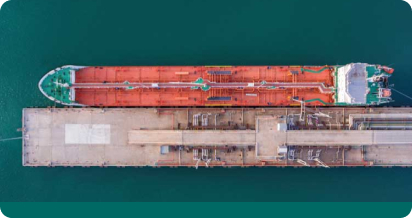The volatility of GDP has a negative impact on the state budget, increasing reliance on external debt and transfers from the National Fund. This, in turn, limits investments in infrastructure projects, despite the fact that more than 50 % of budget expenditures are social. The lack of investment is not compensated by the private sector. One of the limiting factors is the current tariff policy aimed at reducing the impact on the end consumers. As a result, depreciation of fixed assets in the country increased from 36 % in 2015 to 38.7 % in 2019 (75.5 % in electricity supply, 64.2 % in mining industry and 58.9 % in information and communications).
The lack of investment in technological progress is also manifested in the low level of economic productivity. The solution of this systemic problem is one of the key factors for sustainable GDP growth and increasing the incomes of citizens of the country.
The application of the established tariffs by the Fund implies the occurrence of the following risks of tariff formation: deterioration of the financial result for the Group of companies of the Fund, failure to fulfill the indicators of the Development Plan, the application of penalties.
The Fund’s ongoing priority projects in the field of electric power and gasification of regions may require updating a number of regulatory documents. It is planned to conduct continuous work together with interested state bodies in order to modernize the regulatory framework.



